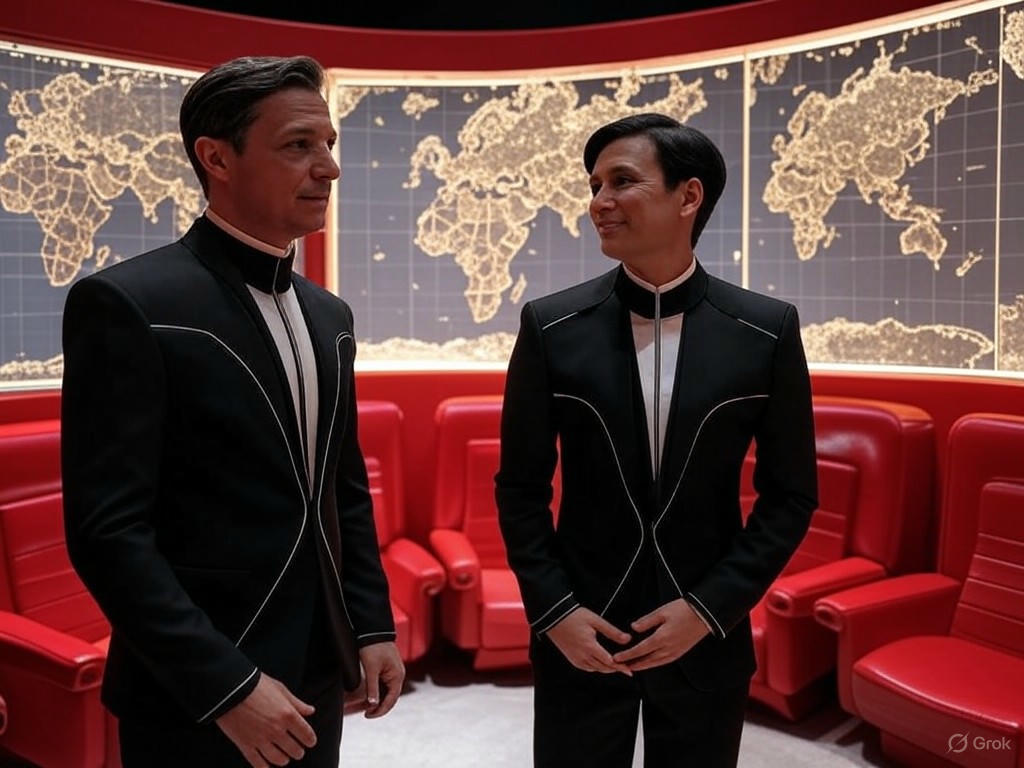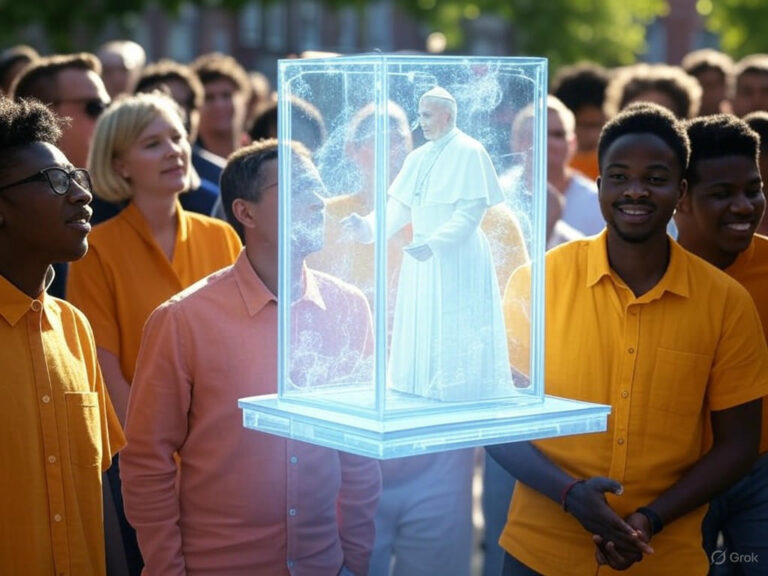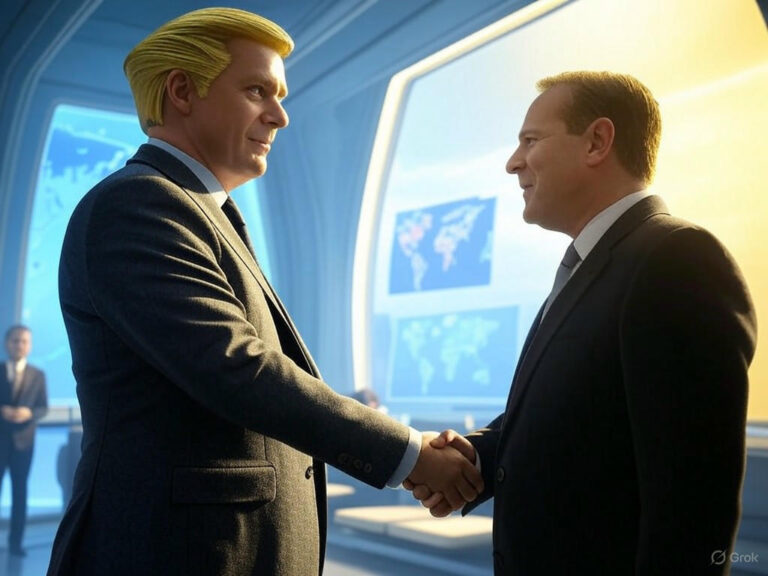
Trump Appoints Mike Waltz UN Ambassador, Rubio NSC Adviser
Major White House Shakeup: Key Figures in Trump’s Foreign Policy Appointments
President Donald Trump is reshaping his administration’s approach to global affairs with pivotal Trump’s foreign policy appointments, including Congressman Mike Waltz as the next U.S. Ambassador to the United Nations and Senator Marco Rubio as the new National Security Council Adviser. This move highlights a strategic pivot toward loyalty and clearer priorities in international engagements, especially as the world navigates ongoing tensions. From enhancing U.S. influence at the UN to bolstering national security frameworks, these choices reflect Trump’s vision for a more assertive stance on the global stage.
Who Is Mike Waltz? A Deep Dive into His Background
Mike Waltz stands out in Trump’s foreign policy appointments as a decorated military veteran whose experience could redefine America’s diplomatic voice. As a former U.S. Army Green Beret, Waltz served in high-stakes operations in Afghanistan, blending firsthand combat insights with his role as a congressman focused on defense and international relations. His past work as a Pentagon policy adviser and involvement in counterterrorism policy makes him a strong fit for advocating U.S. interests at the UN.
- His combat experience in Afghanistan shaped his views on global security, emphasizing practical strategies over theoretical debates.
- As a former NSC staffer, Waltz has pushed for stronger U.S. positions on alliances like NATO and challenges from China.
- Terrorism and U.S.-China dynamics are areas where his expertise could lead to more proactive policies.
With these credentials, Waltz’s appointment in Trump’s foreign policy appointments signals a commitment to diplomacy that’s grounded in real-world action, potentially reshaping how the U.S. addresses multilateral challenges. Have you ever wondered how a military background influences diplomatic decisions? In Waltz’s case, it could mean a more direct approach to UN discussions.
Marco Rubio’s Role in Shaping National Security Under Trump’s Foreign Policy Appointments
Among the notable Trump’s foreign policy appointments, Senator Marco Rubio’s selection as NSC Adviser brings a wealth of legislative expertise to the table. Rubio, known for his deep knowledge of Latin America, China, and intelligence matters, is expected to steer U.S. security policy with a sharp, forward-thinking perspective. His transition from the Senate to this advisory role could influence everything from cyber threats to regional alliances.
Key Areas Where Rubio Might Drive Change
- Countering Chinese expansionism, including cyber threats that impact global trade and security.
- Strengthening ties with allies in East Asia and the Western Hemisphere to build a united front against common adversaries.
- Leading responses to terrorism while pushing for renewed U.S. leadership in international security forums.
- Exploring innovative strategies, like enhanced intelligence sharing, to address emerging risks.
Rubio’s influence in Trump’s foreign policy appointments might introduce a more nuanced balance, blending hardline tactics with diplomatic finesse. For instance, imagine a scenario where U.S. allies in Asia collaborate more closely on cyber defenses—Rubio’s guidance could make that a reality, fostering stability in volatile regions.
The Driving Forces Behind Trump’s Foreign Policy Appointments
Trump’s foreign policy appointments come amid whispers of internal changes, driven by a need for greater loyalty and strategic alignment. Recent turnover in the NSC has sparked discussions about ideological shifts, with departures linked to differing views on key issues. This reshuffle appears to be Trump’s way of ensuring his administration’s foreign policy reflects his priorities without compromise.
Sources suggest that controversies over staff alignments prompted these moves, aiming to install advisers who embrace bold strategies. It’s a reminder that in high-stakes politics, loyalty can shape decisions as much as expertise—do you think this approach strengthens or complicates U.S. diplomacy?
Implications of Trump’s Foreign Policy Appointments on U.S. Global Strategy
These Trump’s foreign policy appointments are poised to redefine how America engages with the world, emphasizing a tougher, sovereignty-focused approach. Observers predict that Waltz and Rubio will amplify efforts to tackle security threats head-on, potentially leading to more assertive UN advocacy and refined national security tactics. Their combined backgrounds could shift the narrative from reactive policies to proactive ones.
| Appointee | Role | Expected Impact |
|---|---|---|
| Mike Waltz | UN Ambassador | Stronger U.S. pushback on global threats, focusing on security and alliances |
| Marco Rubio | NSC Adviser | Enhanced strategies against rivals, with an eye on long-term security partnerships |
Potential Shifts in Policy Direction
- Increased scrutiny of China and Russia within UN discussions, possibly leading to tougher sanctions.
- Expanded cooperation with allies to counter emerging threats, like through joint military exercises.
- A move toward bilateral agreements over broad multilateral pacts for more flexible diplomacy.
- Renewed emphasis on counterterrorism, drawing from past successes to inform future actions.
Consider a hypothetical: If tensions with China escalate, Trump’s foreign policy appointments could expedite responses, such as coordinated efforts with European partners. This might offer valuable lessons for everyday citizens on the importance of adaptive strategies in a changing world.
Reactions to Trump’s Foreign Policy Appointments and What’s Next
Reactions to Trump’s foreign policy appointments have been varied, with supporters applauding the focus on experience and critics raising concerns about potential polarization. In diplomatic circles, some see this as a step toward clearer U.S. leadership, while others worry it might introduce more uncertainty. What are your thoughts—could these changes stabilize or shake up international relations?
“I am pleased to announce that I will be nominating Mike Waltz to be the next United States Ambassador to the United Nations,” President Trump shared in his announcement, underscoring the strategic intent behind these picks. As reported by CBS News, this reflects a broader effort to align the administration’s team with key global challenges.
Looking ahead, these appointments arrive at a critical time, with issues like trade disputes and security threats dominating the agenda. By prioritizing figures like Waltz and Rubio, Trump may be setting the stage for a more dynamic era in U.S. foreign policy.
Wrapping Up: The Bigger Picture of Trump’s Foreign Policy Appointments
In summary, Trump’s foreign policy appointments mark a significant realignment, blending military prowess and legislative insight to tackle pressing global issues. As Waltz and Rubio step into their roles, their decisions could influence everything from UN debates to domestic security measures. If you’re passionate about international affairs, staying updated on these developments is key—perhaps by exploring related topics or sharing your insights.
To make the most of this information, consider following reliable news sources for ongoing analysis. What steps can you take to understand these shifts better? Start by engaging in discussions or reading more on global strategy.
Related Reading
- CBS News: Trump Appoints Waltz
- FOX 32 Chicago: Staff Shakeup Coverage
- Congressional Profile: Mike Waltz
- Marco Rubio: Policy Stances
References
- CBS News. “Trump appoints Mike Waltz as UN ambassador.” https://www.cbsnews.com/news/trump-mike-waltz-alex-wong/
- YouTube Video. “Related Trump announcement coverage.” https://www.youtube.com/watch?v=rPzjYmFUn_4
- The Washington Post. “Analysis of Trump administration changes.” http://files.ethiopialearning.com/news/20250213_The%20Washington%20Post_noimg.epub
- Other sources as referenced in broader discussions, including podcasts and documents on policy shifts.
Trump’s foreign policy appointments, Mike Waltz UN Ambassador, Marco Rubio NSC Adviser, U.S. foreign policy shifts, Trump administration changes, national security strategy, UN diplomacy, global security threats, presidential nominations, international relations updates







